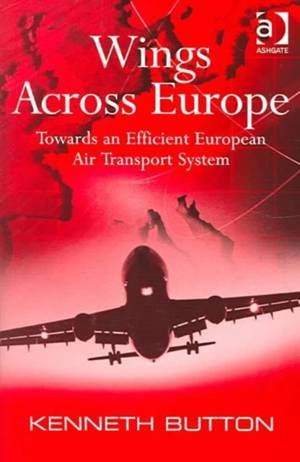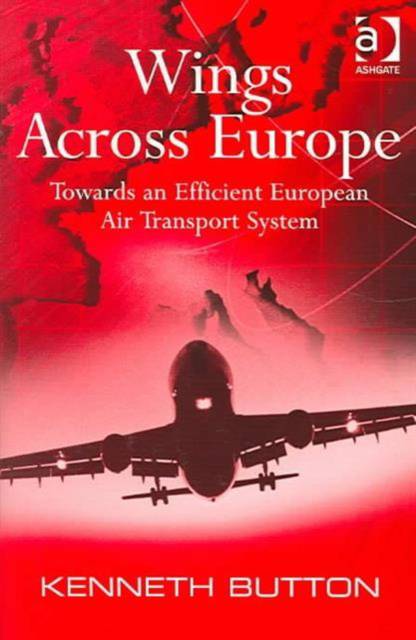
- Retrait gratuit dans votre magasin Club
- 7.000.000 titres dans notre catalogue
- Payer en toute sécurité
- Toujours un magasin près de chez vous
- Retrait gratuit dans votre magasin Club
- 7.000.0000 titres dans notre catalogue
- Payer en toute sécurité
- Toujours un magasin près de chez vous
Wings Across Europe
Towards an Efficient European Air Transport System
Kenneth Button
Livre relié | Anglais
195,95 €
+ 391 points
Format
Description
Airlines, like most industries, contain a mixture of good and badly managed companies (and perhaps more important, lucky and unlucky companies). More important in the longer-run is the institutional structure in which the companies offer their services. Air transport is a major industry in its own right. But it is also the fastest growing mode of transport for both passengers and freight, a large employer of labour, at the forefront of many technological developments and often a pioneer in adopting such innovations. It is the source of important economic stimuli for local economic development. This book examines the current state of European airlines - mainly, but not exclusively, those within the EU and the European Economic Area (EEA). It seeks in particular to determine if the current institutional structure provides a sustainable basis for the continued vitality of air transport as a facilitator of economic development, and it can serve as an input into wider matters involving the social and political integration within Europe. It also includes material on airports, slots and security. It provides the opportunity to look at factors that currently influence the efficiency of European airlines and to see how the industry has moved to meet these challenges. The book is also designed to be accessible with a glossary at the end, definitions of key terms and concepts, a list of abbreviations and acronyms and two annexes that provide more details of the European air transport market within the wider international regulatory system. The readership includes all concerned with airline and airport management, including regulators and government departments of transportation, and researchers in air transport. While of main interest to those in Europe, it is also important to all who are dealing with similar questions in other continents, and all concerned with inter-continental air transport provision. In the current aviation context the key features of the book are: "
Spécifications
Parties prenantes
- Auteur(s) :
- Editeur:
Contenu
- Nombre de pages :
- 142
- Langue:
- Anglais
Caractéristiques
- EAN:
- 9780754643210
- Date de parution :
- 18-11-04
- Format:
- Livre relié
- Format numérique:
- Genaaid
- Dimensions :
- 156 mm x 233 mm
- Poids :
- 363 g

Les avis
Nous publions uniquement les avis qui respectent les conditions requises. Consultez nos conditions pour les avis.






